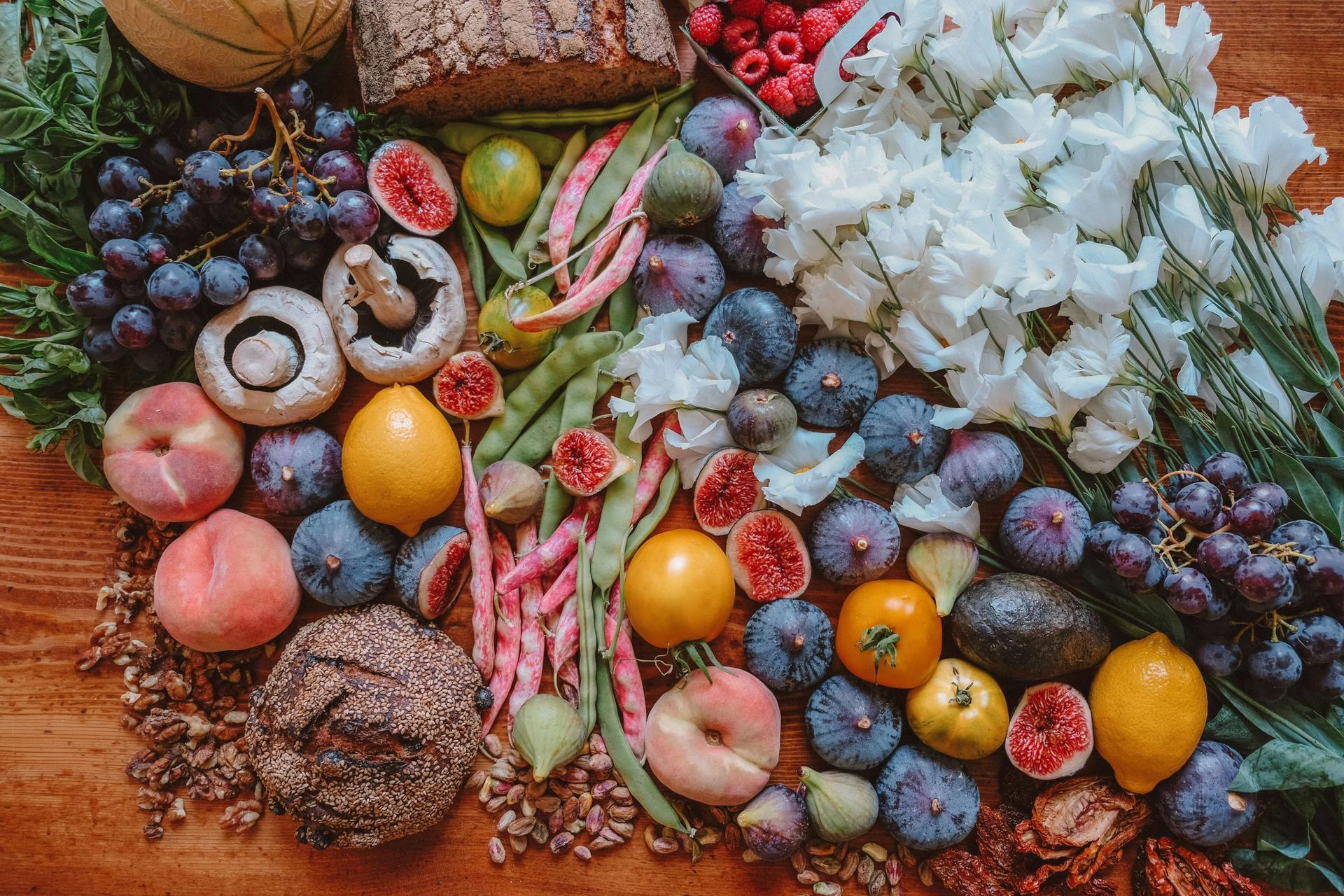
The U.S. Department of Agriculture (USDA) is investing more than $7.5 million in 26 cooperative agreements that support innovative, scalable waste management plans to reduce and divert food waste from landfills and reduce greenhouse gas emissions. The Composting and Food Waste Reduction (CFWR) cooperative agreements are part of USDA’s broad support for urban agriculture. The CFWR program is jointly administered by USDA’s Office of Urban Agriculture and Innovative Production (OUAIP) and the National Institute of Food and Agriculture (NIFA). The selected projects will be implemented between now and 2027.
USDA prioritized projects that anticipate or demonstrate economic benefits, incorporate plans to make compost easily accessible to farmers, including community gardeners, integrate other food waste strategies, including food recovery efforts and collaborate with multiple partners. Recipients include projects in 15 states and one territory, including two states that will be first-time participants in the program.
The Sun Prairie Food Residential, Event, and School Compost Undertaking (RESCU) Pilot project selected in Wisconsin will integrate full-service composting into six major city-wide events in Sun Prairie. These events include implementing lunchtime composting programs, share tables, a food waste reduction competition, and food waste-focused curriculum into select schools in the Sun Prairie Area School District, pilot an 18-month curbside composting service for residents, and distribute compost to community gardens and urban farms, while engaging these producers in a workshop centered around sustainable agriculture practices. The Food RESCU Pilot is expected to reach 12,000 people, divert 65,000 pounds of food waste from the landfill, produce 43,000 pounds of compost, and reduce greenhouse gas emissions by 27 metric tons of carbon dioxide equivalents.

Jo Ann Krulatz is Senior Radio Journalist and News Director at WRCO and WRCE in Richland Center. Email her at [email protected].
Want More Local News?
Civic Media
Civic Media Inc.
The Civic Media App
Put us in your pocket.